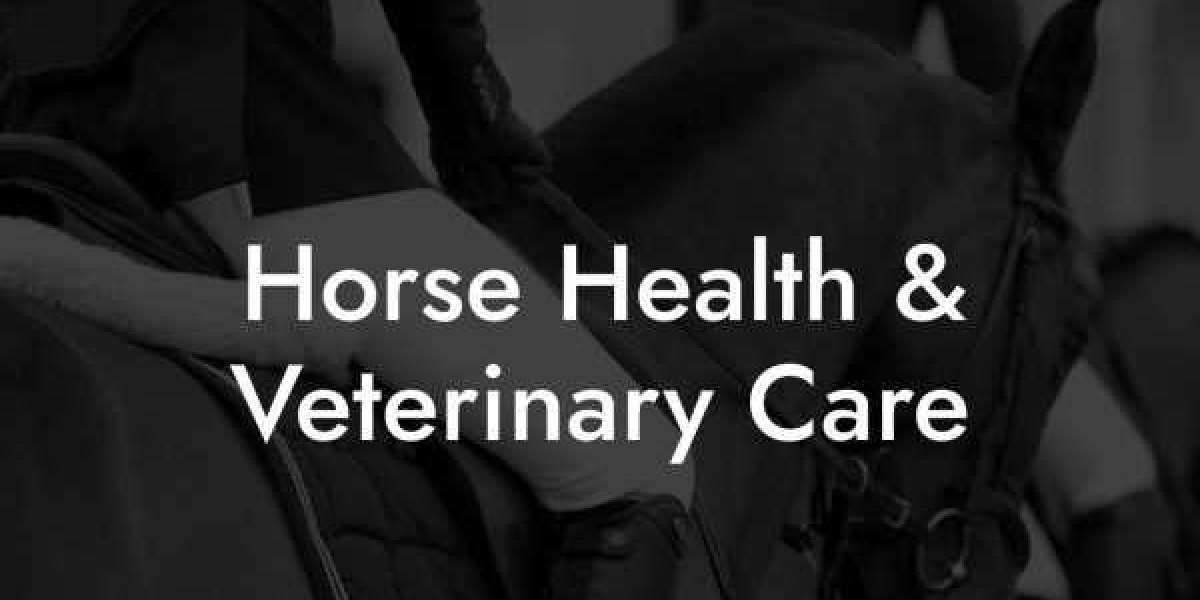Ensuring the horse health and well-being of your horse requires expert knowledge, proper care, and a proactive approach to equine health management. From nutrition to disease prevention, every aspect plays a vital role in maintaining your horse’s vitality.
1. Importance of Proper Nutrition
A well-balanced diet is the foundation of good horse health. Horses require a combination of high-quality forage, grains, and essential nutrients. Key considerations include:
- Forage First: Hay and pasture should make up at least 70% of a horse’s diet.
- Balanced Diet: Vitamins and minerals like calcium, phosphorus, and magnesium are crucial.
- Hydration: Ensure a constant supply of clean water to prevent dehydration and colic.
2. Regular Veterinary Check-ups
Routine veterinary visits are essential for early disease detection and overall health monitoring. A vet should examine your horse at least twice a year to:
- Administer vaccinations and deworming treatments.
- Check for dental issues that may impact feeding.
- Assess hoof health and recommend corrective shoeing if necessary.
3. Hoof and Leg Care
A horse’s hooves require regular maintenance to prevent lameness and infections. Follow these tips:
- Schedule hoof trimming every 6–8 weeks.
- Keep hooves clean and dry to prevent thrush and other infections.
- Use quality horseshoes if your horse requires extra support.
4. Common Horse Health Issues
Horses are prone to certain health conditions, including:
- Colic: A digestive issue that requires immediate attention.
- Laminitis: A painful inflammation of the hoof.
- Respiratory Infections: Regular vaccinations can help prevent equine influenza and other diseases.
5. Exercise and Mental Well-being
Physical activity is crucial for maintaining a horse’s fitness and preventing obesity. Key aspects include:
- Daily Turnout: Allowing horses to roam freely reduces stress and improves digestion.
- Training and Conditioning: Gradual exercise routines enhance endurance and prevent injuries.
- Social Interaction: Horses are herd animals and benefit from companionship.
Conclusion
Maintaining your horse’s health requires a combination of proper nutrition, veterinary care, and consistent exercise. By following these expert insights, you can ensure your equine companion stays in peak condition. Regular check-ups, a balanced diet, and attention to hoof care will go a long way in promoting long-term vitality.



